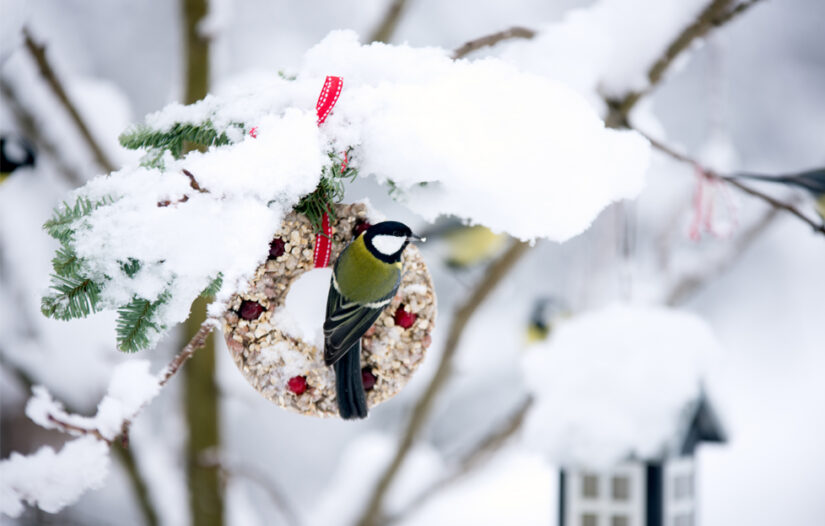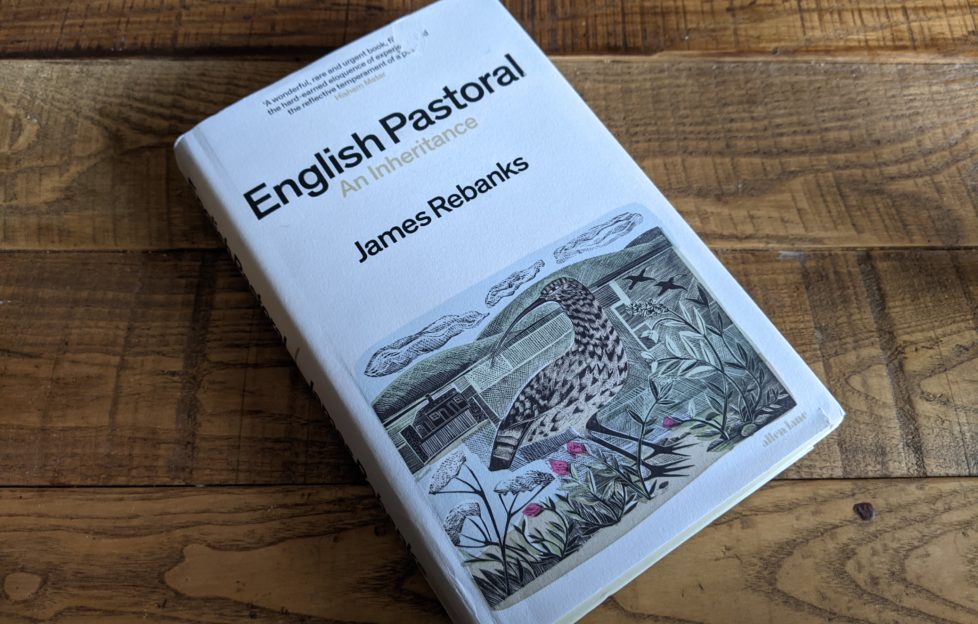
I often judge a book by its cover . . . which is why I picked up shepherd/farmer/author James Rebanks’ latest book: “English Pastoral: An Inheritance”.
(I love that our Book Page Editor Karen Byrom explained in our online interview that it’s perfectly acceptable to judge a book by its cover . . . especially if it is a gorgeous artwork of a curlew with a patchwork fields behind it).
I’m a fan of Rebanks’ work anyway, having read his first “The Shepherd’s Life” back when it was released.
I went and bought my dad a copy for his birthday, too.
His Twitter feed is great for a flick-through, detailing everything about his life on the farm and on the road as an author promoting his work.
His latest piece is all about British farming.
He’s looking at it through the lens of three generations — from his grandfather to his father, to him, and then to what his children will make of it all.
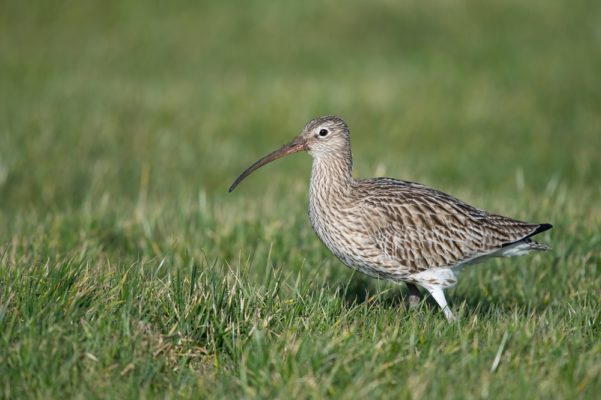
Shutterstock.
The Grandfather
His grandfather carried the knowledge of hundreds of years of farming in him.
Before mechanisation grew to an industrial scale, he would work a rotational system on the farm. The animals would graze the fallow fields, fertilising it and chomping weeds. Other fields would grow barley and the like, but wildflowers would spring up all over the place.
It didn’t bother his grandad.
Farming wasn’t about maximum output then, and prices weren’t kept low by competition from the big supermarkets.
When he would mow his barley, he did it in a machine small enough that he could spot curlew nests ahead of him. He would pick the eggs up, carry on mowing, and return them to the same spot once he was done.
His farming was stewardship of the land. Keeping the soil fed, allowing nature to take its course and knowing the land by walking it every day.
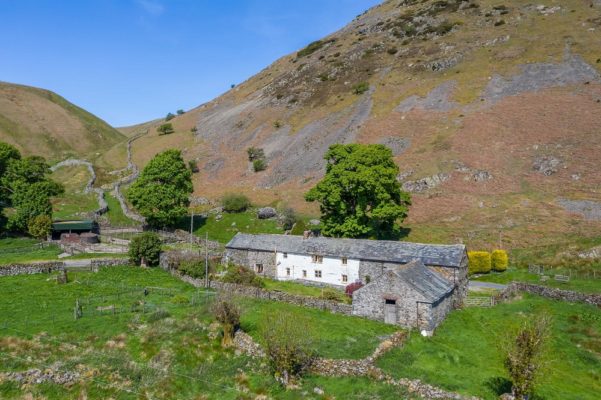
Shutterstock.
The Father
James’ dad lived in a different age.
He saw change happening in the farms around the country. Post-war, farming became an industry. Hedgerows were ripped out by the mile to make bigger fields, ploughed, sown and harvested by bigger machines.
His dad felt this wasn’t right for the land, but knew he had no choice but to keep up. The cows were fed silage, because it was ready earlier, rather than hay which took at least another month or two to be ready for cutting.
Because of this, the . . . ahem . . .fertiliser they left on the fields changed from a dry pat — that was an entire ecosystem for bugs and beetles — to a runny slop that was too acidic for bug life or for the soil.
The curlews disappeared from the land.
Most of the other birds were gone — even the seagulls, as the soil was becoming so poor that there were no worms for them to pick when it’s ploughed.
James’ dad carried the burden of being obliged to follow the trend, even knowing it wasn’t right.
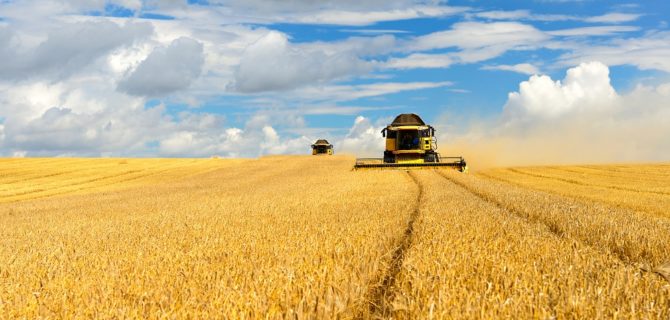
Shutterstock.
The Son
James himself has seen the scale of farms grow beyond all recognition.
He visits the Mid-western States, where it’s been taken to extremes and fields stretch as far as the eye can see.
Only one thing grows in the soil. No flowers, no animals live in it or near it. There are no hedges. And the soil is dying, with plants only growing because of the copious amounts of fertiliser sprinkled on them.
It’s a sad story, and one we’re perhaps a little complicit in by expecting food to be as cheap as it is.
Time was that food cost us 35% of our income, but now it’s down to 11%. James makes it clear that nature is paying the difference.
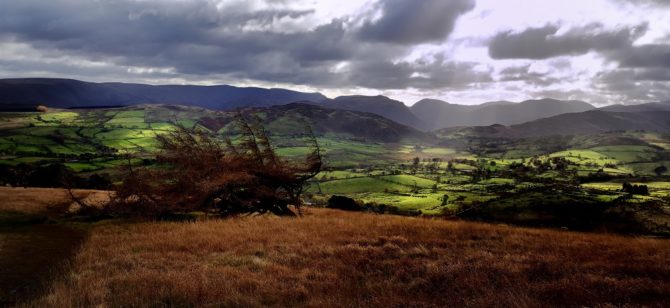
Shutterstock.
Highly Recommended
But there’s hope.
There are government-supported schemes to encourage wildlife back on to farms, and for farmers to be pro-active in doing so.
James’ family have always kept alive the sense that every decision on the farm is taken with your grandchildren in mind. You’re a custodian of the farm, and your job is to preserve the land in good health for people that will need it when you’re gone.
And James remembers when a farmer of the old school had his soil tested by an analyst.
Everyone in the Eden Valley had “moved with the times” and was using artificial fertiliser, but this man stuck by the time-honoured traditions of rotating your stock and crops.
People thought he was mad and out of touch – but the soil analyst came back and said he had the healthiest soil that he’d ever seen in his career.
In two handfuls of good soil, there are more living things than there are people on the planet. It’s an absolutely miraculous substance and deserves a lot of respect.
I loved the book.
It’s totally free-form (doesn’t really have chapters at all) but was utterly compelling.
Farmers like James are quite possibly the solution to the dire straits Britain’s wildlife is in. We need to eat, but it needn’t be at the expense of everything else eating or living.
This book comes highly recommended to anyone interested in where our food comes from, and the true price of it in terms of the people who make it and the land that it grows in!
For more from Alex, read his blog here.
For more book reviews from the “Friend” team, click here.


